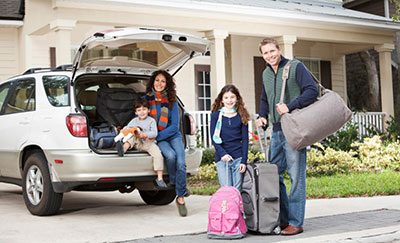WEDNESDAY, MAY 23, 2018
 If you lease a car, you still need to buy your own auto insurance policy. The auto dealer or bank that is financing the car will require you to buy collision and comprehensive coverage. You will need to buy these coverages in addition to the others that may be mandatory in your state, such as auto liability insurance. If you lease a car, you still need to buy your own auto insurance policy. The auto dealer or bank that is financing the car will require you to buy collision and comprehensive coverage. You will need to buy these coverages in addition to the others that may be mandatory in your state, such as auto liability insurance.
Collision covers the damage to the car from an accident with another automobile or object.
Comprehensive covers a loss that is caused by something other than a collision with another car or object, such as a fire or theft or collision with a deer.
The leasing company may also require "gap" insurance. If you have an accident and your leased car is damaged beyond repair, or "totaled," there's likely to be a difference between the amount that you still owe the auto dealer and the check you'll get from your insurance company. That's because the insurance company's check is based on the car's actual cash value which takes into account depreciation. The difference between the two amounts is known as the "gap."
On a leased car, the cost of gap insurance is generally rolled into the lease payments. You don't actually buy a gap policy. Generally, the auto dealer buys a master policy from an insurance company to cover all the cars it leases and charges you for a "gap waiver." This means that if your leased car is totaled, you won't have to pay the dealer the gap amount. Check with the auto dealer when leasing your car.
If you have an auto loan rather than a lease, you may want to buy gap insurance to protect yourself from having to come up with the gap amount if your car is totaled before you've finished paying for it. Ask your insurance professional about gap insurance; it may not be available in some states.
No Comments
Post a Comment |
|
Required
|
|
Required (Not Displayed)
|
|
Required
|
All comments are moderated and stripped of HTML.
|
|
|
|
|
|
NOTICE: This blog and website are made available by the publisher for educational and informational purposes only.
It is not be used as a substitute for competent insurance, legal, or tax advice from a licensed professional
in your state. By using this blog site you understand that there is no broker client relationship between
you and the blog and website publisher.
|